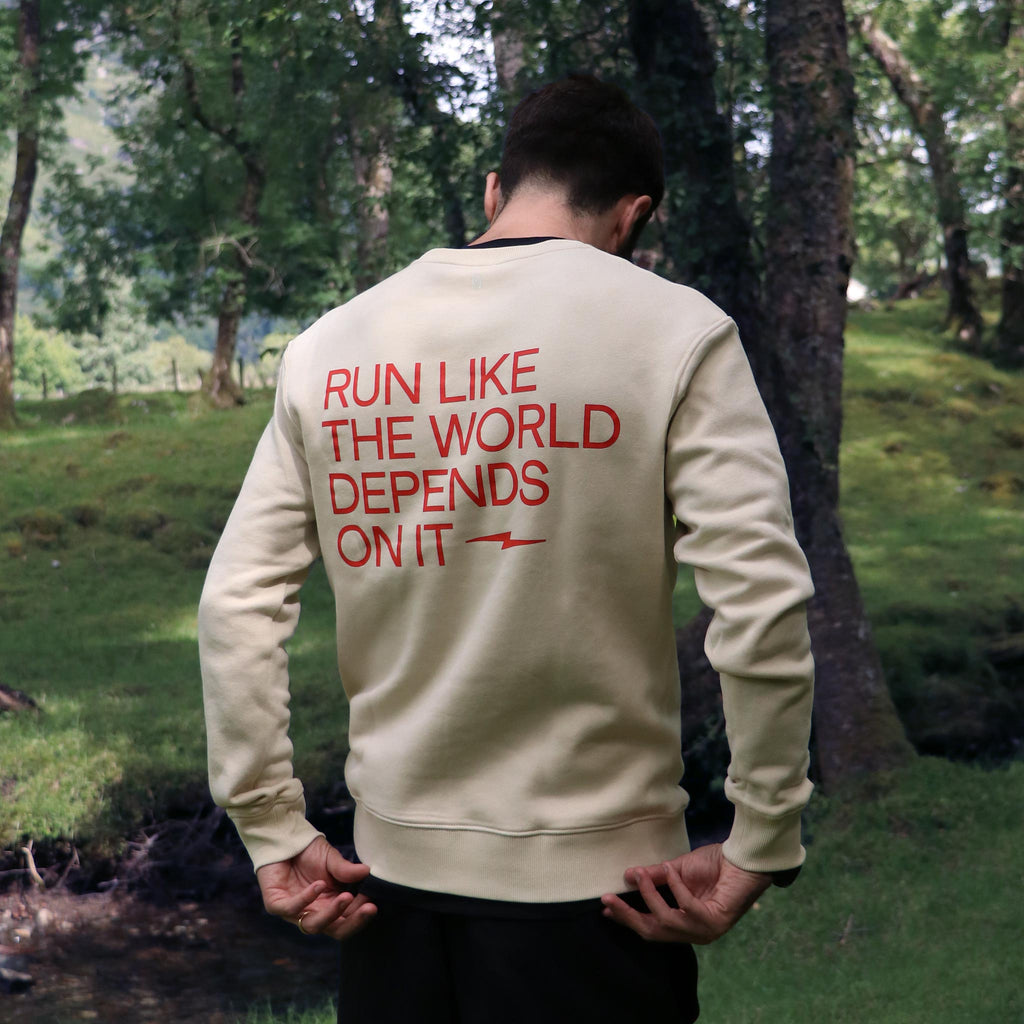RUNNING IS... THE DAWN
Mae Thompson is a fast lady. A fast lady to smile, to laugh, to ask how you are. You see, there’s a lot more to Mae than just ‘Mae who runs track’, and her current relationship with running is a testimony to the fact that being simply ‘Mae’, is perhaps of even greater significance than podiums.
We sat down, over Zoom, and spoke about identity, doing things that scare us, and the dawn that running promises when things feel dark.
Even before we’d begun, I was drawn to ‘run with Mae’; her greatest hope, now, is that perhaps you will be too.











